Life is a Journey of Escapes is reader-supported. When you buy through links on our site, we may earn an affiliate commission. Learn more
With its rich culture and fascinating history, Ghana is a must-see destination that should be on your list. It’s home to stunning landscapes, delicious food, and warm people who will make you feel right at home. You won’t regret adding it to your travel plans, counting down the days until you can return.
The best time to visit Ghana is from October to March. Temperatures remain high during these months, while precipitation and humidity are at their lowest.
There are numerous benefits to visiting during the dry season, the most apparent of which is the lower likelihood of rainy days. Mosquitoes are less of an issue at this time of year, and the country’s dirt roads are easier to navigate. However, better bargains are frequently available outside of peak season, making the rainy season from May to September appealing to people on a budget.
Understanding the Weather in Ghana
Due to Ghana’s proximity to the equator, there is little difference in temperature year-round; rain and wind dominate the seasons.
The dry season, which runs from October to March, is a popular time to visit Ghana. Thanks to its largely paved roads, it is one of the most convenient West African countries to travel through over the rainy season. However, rain makes travel less enjoyable, and summer is hot and sticky.
When the weather is dry, the game is easier to see at Mole National Park, with elephants more visible in December and March. However, be wary of the arid harmattan wind coming in from the Sahara from December onwards.
A Monthly Guide
Mid-November to April, the dry season, is the most convenient time to travel. You won’t have to deal with flooded roads, and wildlife will be easier to observe. It will be assembled around the few available waterholes, especially during the driest months of January, February, and March.
The harmattan wind passes down from the Sahara from November or early December to March. Expect extreme dryness and a tickly throat, so pack moisturizer and lip balm.
In case of discomfort, contact lens wearers should bring glasses or eye drops, and photographers should expect foggy photos and select appropriate lenses outside. Poor visibility can cause flights to be canceled occasionally, especially in Tamale.
Rains generally fall in April, May, and June in Ghana’s wetter center and south, with a brief break from July to August. In September, October, and the first half of November. Rains arrive in the more sand-like north from March to September. It can cause severe flooding and roadblocks in the north.
Best Time to Visit the Coast
On Cape Coast, the temperature varies relatively little. When humidity isn’t excluded, temperatures seem hot largely throughout the year, with a low possibility of precipitation. Compared to other tourist spots worldwide, this area is less temperate.
The months of March, April, and February are the warmest on Cape Coast. Early March is generally the hottest period throughout the year, with highs around 32.3°C (90.2°F) and lows around 26.5°C (79.7°F) at night.
If you prefer dry weather, early January has a low chance of rain or snowfall. From late May to early June, on the other hand, rain or snow will be more common.
There are several months on Cape Coast and significant humidity throughout the year. September is the windiest time, preceded by October and July. Just when October starts, the highest sustained winds are at their fastest.
September is the busiest month for tourists in Cape Coast, Ghana, with November and August following closely behind. Hotel and flight prices will be highest during these months, though you can save by booking ahead of time. In July, tourists rarely visit Cape Coast. Those willing to go during these dates will find it affordable.
Cape Coast Season
The rainy season on Cape Coast is primarily cloudy, the dry season is partially gloomy, and the weather is hot and uncomfortable all year. The temperature normally ranges between 75°F to 90°F, not even falling below 73°F or rising over 93°F.
- Summer is from June to August
- Autumn/Fall is from September to November
- Winter is from December to February
- Spring is from March to May
Best Time to Visit the Safari
Although Ghana may not seem like the most obvious destination for an African safari, the country does have numerous notable natural regions. The most famous of which is Mole National Park in the north. Additionally, the Wildlife Department oversees Mole National Park, Ghana’s largest and most recognized protected area.
Mole National Park is well-equipped to accommodate visitors. It is a rewarding visit, even if it is more pricey than many other places in Ghana. Mole is only accessible via a two-day journey or a domestic flight.
According to the Köppen-Geiger classification, Mole National Park has a tropical savanna climate and a dry winter. Mole National Park has an average annual maximum temperature of 36°C (96.8°F), from 30°C (80°F) during August to 40°C(104°F) in March.
Mid-December through mid-April, the dry season, herds of elephants can be seen grazing and bathing early in the morning. Or late in the evening, a few hours before the sunsets. Animals are enticed to water sources at this time of year, and the grass is shorter, helping them easier to spot.
April to October, the wet season, provides lush flora and greater hiding spots for the animals. While it isn’t as wonderful for animal viewing as the dry season, it is still acceptable for the most part.
Safari Season
With over 720 bird species, Ghana is also a fantastic bird-watching destination, with at least 15 endemic species found solely in the Upper Guinea Forest. The dry season is also the greatest time to go and see migratory birds.
- Summer is from June to August
- Autumn/Fall is from September to November
- Winter is from December to February
- Spring is from March to May
Best Time to Visit Accra
Ghana’s throbbing heart, Accra, is unlikely to generate love letters, but you may grow to appreciate it. The city’s branches spread out to the seaside, the city’s heart, and the west, each offering a uniquely Ghanaian experience.
Accra has so much to offer, and it’s easy for visitors to get caught up in the excitement. However, if you want to follow the ideal climate conditions and avoid peak holiday periods, July to October is more rewarding. Accra’s summer temperatures can reach 32°C (90°F). The coldest it gets in Accra during the winter is roughly 22°C (72°F).
If you need to work on your tan in Accra, the longest days between sun-up and sun-down are likely in April. The rainy season begins in June, so visit in January if you enjoy drier weather.
Accra Seasons
It’s helpful to understand the seasons in Accra, as they may change depending on where you’re traveling from. Because Accra lies in the Northern Hemisphere, the seasons are as follows:
- Summer is from June to August
- Autumn/Fall is from September to November
- Winter is from December to February
- Spring is from March to May
Conclusion
October through March is the best time to visit Ghana because that’s when there is hardly any rain, and every area of the nation is easily accessible. The weather in Ghana is very wet between April and late September, making travel difficult. Additionally, many businesses may close during the off-season.
However, it cools down the temperature during this period, relieving those who can’t stand the heat. Better bargains are frequently available outside of peak season, making the rainy season appealing to people on a budget.
Ghana is a country with incredible natural beauty and exciting culture. Certainly, it’s the ultimate option for a woman over 50 who wants something different in their vacation routine!
Support the Team!
If we helped you plan your travels in any way and you want to support us, here are several companies we’re affiliated with. We receive a small commission at no extra cost to you when you click on the links below so feel free to click away! 🙂
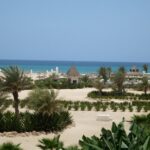

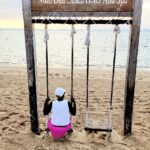
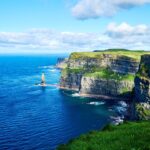

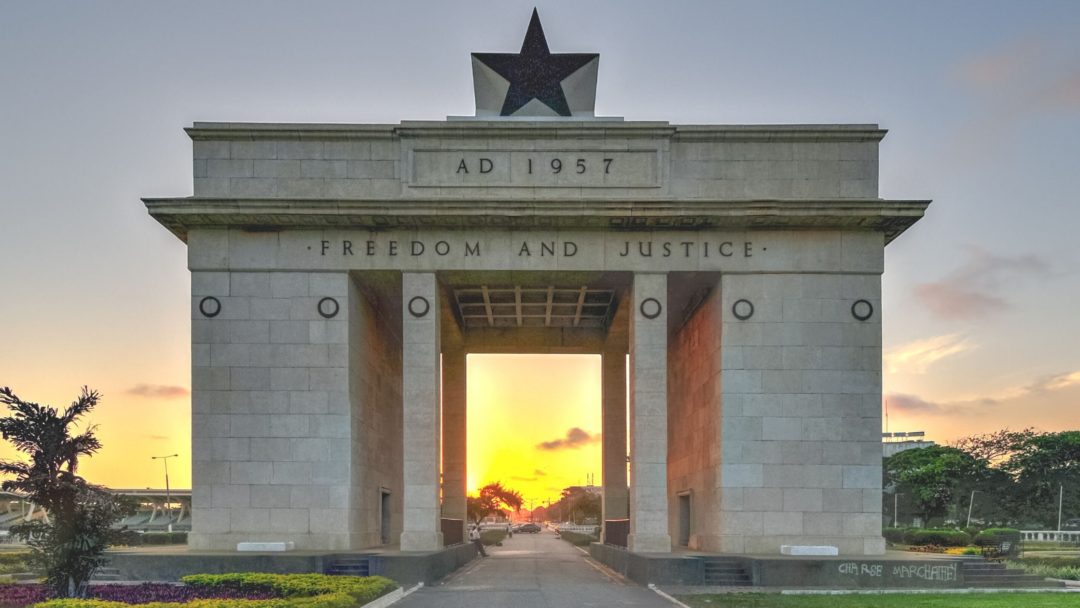
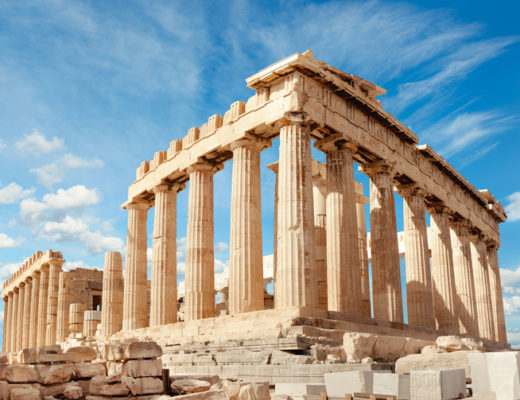
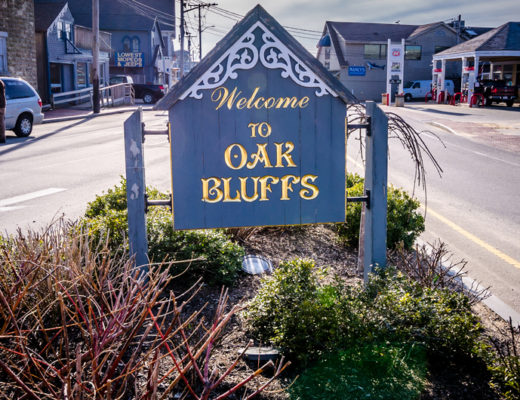
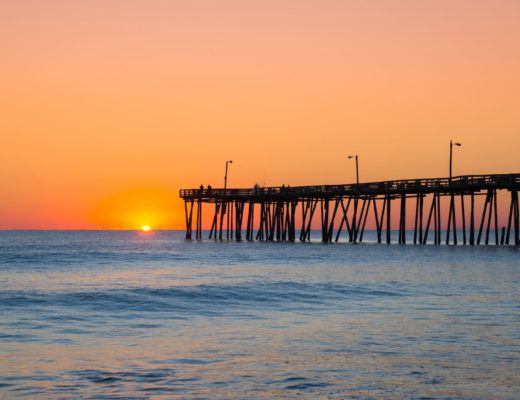
No Comments